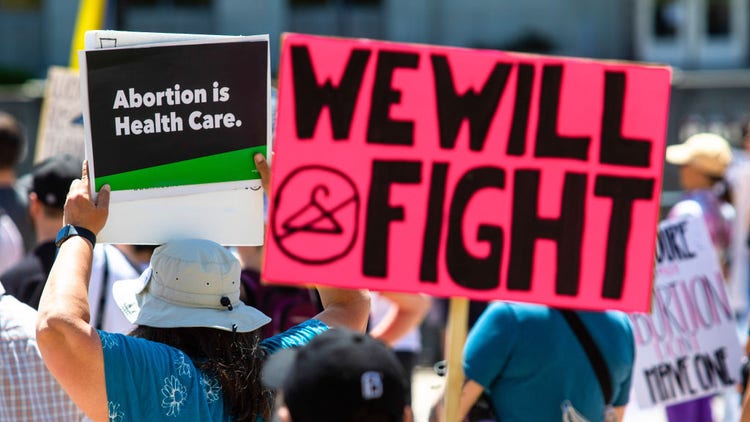
On Friday (July 1), Google announced it would delete the search history of those who visit “sensitive” locations such as abortion clinics to protect the privacy rights of its users. The decision comes after the Supreme Court ruled in favor of overturning Roe v. Wade the previous week (June 24).
According to sources, because of the court’s decision, records like text messages, search history and emails could be used by prosecutors in states where abortion is illegal. In a post by Google, Jen Fitzpatrick (Google’s senior vice president of core systems and engagement) said, “We understand that people rely on Google to keep their personal data secure. We’ve long been committed to this work, and today we’re sharing additional steps we’re taking to protect user privacy around health issues.” In terms of location history, users will be able to “easily delete parts, or all, of their data at any time.” This includes medical facilities like domestic violence shelters, abortion clinics, fertility centers, addiction treatment facilities and other personal locations.
Fitzpatrick added that Google has a long-standing history of “pushing back” if and when law enforcement demands user data. She noted that in some cases, the company completely turns down the requests. Although the tech giant allows users the ability to control their privacy settings, Friday’s announcement comes as an added safeguard in light of recent events. “Today, we’re announcing that if our systems identify that someone has visited one of these places, we will delete these entries from Location History soon after they visit. This change will take effect in the coming weeks,” Fitzpatrick said. The company also promised to continue to share its Transparency Report with users to keep them aware of what is going on. “We’re committed to delivering robust privacy protections for people who use our products, and we will continue to look for new ways to strengthen and improve these protections,” Fitzpatrick concluded.